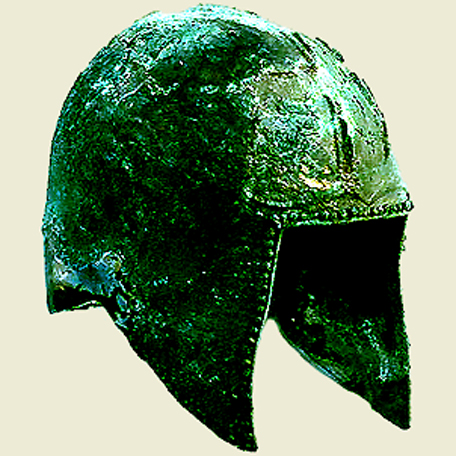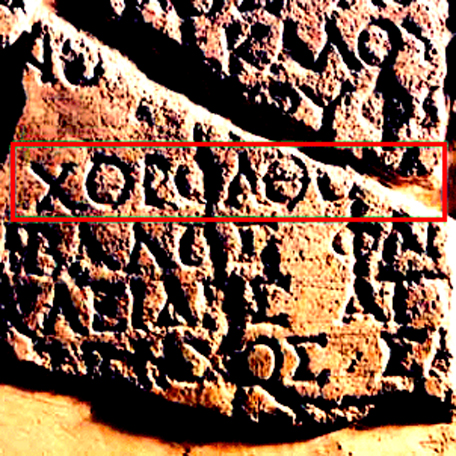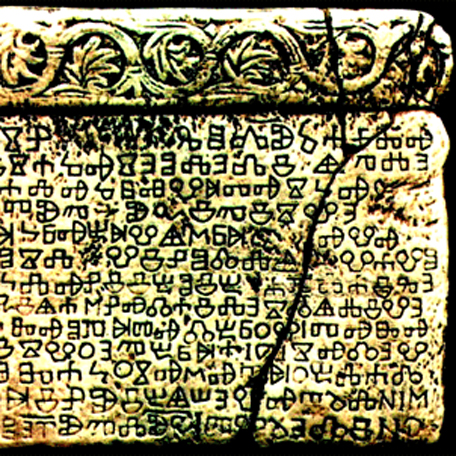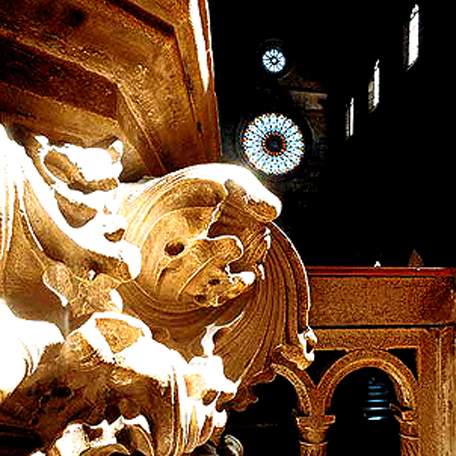|
|
|
|
|
|
|
|
|
|
|---|---|---|---|---|---|---|---|---|
|
|
|
|
|
|
|
|
|
|
|
|
|
|
|
|
||||
|
|
|
|
|
|
|
|
|
|
|
|
|
|
|
|
|
|
|
|
|
|
|
|
|
|
|
|
|
|
|
|
|
|
|
|
|
|
|
|
|
Welcome to Croatia The Culture |
||||||||
|
|
|
|
|
|
|
|
|
|
|
|
|
|
|
|
|
|
|
|
|
|
|
|
|
|
|
|
|
|
|
|
Welcome to Croatia |
|
|
|||||
|
|
|
|
|
|
|
|
|
|
|
|
|
|
|
|
|
|
|
|
|
|
|
|
|
|
|
|
|
|
|
|
|
|
|
|
|
|
|
|
|
|
|
|
|
|
|
|
|
|
|
|
|
|
|
|
||||
|
|
|
|
|
|
|
|
|
|
|
|
|
|
|
|
|
|
|
|
|
|
|
The history and culture of Croatia go back 3.000 years: Illyria was the ancient North-Western region of today's Balkan Peninsula, inhabited by tribes of Indo-European Illyrians since the 10th century BC.
After Celts, Macedonians and Greeks, the Romans defeat the Illyrians in 168 bC and establish the Province of Illyricum: in 395 the Roman Empire is divided and the land east of the Drina River falls under under Byzantine rule - indeed a crucial event.
Then Illyria has to suffer several devastations by Visigoths, Huns and Ostrogoths. |
|
|
||||
|
|
|
|
|
|
|
|
|
|
|
|
|
|
|
|
|
|
|
|
|
|
|
|
|
|
||||
|
|
|
|
|
|
|
|
|
|
|
|
|
|
|
|
|
|
|
|
|
|
|
The Slavs come 6-8th centuries assimilating the Illyrian tribes in what is now Slovenia, Croatia, Bosnia and Herzegovina and Serbia.
This to understand two aspects of the country: the impact from so different cultures (Hungarian, Islamic and Venetian included) and the need of a strong national identity.
Croatia stands for one and a half millennium on the very border, between Western and Eastern Roman Empire, Frankish and Byzantine Empires, Catholicism and Orthodoxy, Christianity and Islam, Capitalism and Communism. |
|
|
||||
|
|
|
|
|
|
|
|
|
|
|
|
|
|
|
|
|
|
|
|
|
|
|
|
|
|
||||
|
|
|
|
|
|
|
|
|
|
|
|
|
|
|
|
|
|
|
|
|
|
|
Croatia as a meeting point and intersection of very different cultures and civilizations is stage of many artistic tendencies and often opposite currents, exceptionally original works of art and interesting syntheses.
The Classic Antiquity of the Anfitheatre in Pula, the Diocletian's Palace and the remains of Salona in Split, Romanesque, Renaissance in the South and Baroque in the North, such a small country is a surprisingly rich anthology of art, architecture and urban culture at the highest level still too little known in Europe and wordwide. |
|
|
||||
|
|
|
|
|
|
|
|
|
|
|
|
|
|
|
|
|
|
|
|
|
|
|
|
|
|
||||
|
|
|
|
|
|
|
|
|
|
|
|
|
|
|
|
|
|
|
|
|
|
|
UNESCO's World Heritage List includes cultural and natural heritage of Croatia.
Three architectural complexes and two Croatian towns: Diocletian's Palace in Split 1979, the Basilica of St. Euphrasius in Poreč 1979, the old Cities of Dubrovnik 1979, Trogir 1997 and the Cathedral of St. James in Šibenik 2000.
Two natural monuments: the cascade of the 16 lakes and waterfalls in the Plitvice National Park 1979 and the Primošten Vineyards 2007. |
|
|
||||
|
|
|
|
|
|
|
|
|
|
|
|
|
|
|
|
|
|
|
|
|
|
|
|
|
|
|
|
|
|
|
|
|
|
|
|
|
|
|
|
|
|
|
|
|
|
|
|
|
|
|
|
|
|
|
|
|
|
|
|
|
|
|
|
|
|
|
|
|
|
|
|
|
|
|
|
|
|
|
|
|
|
|
|
|
|
|
|
|
|
|
|
|
|
|
|
|
|
|
|
|
|
|
|
|
|
|
|
|
|
|
|
|
|
|
|
|
|
|
|
|
|
|
|
|
|
|
|
|
|
|
|
|
|
|
|
|
|
|
|




